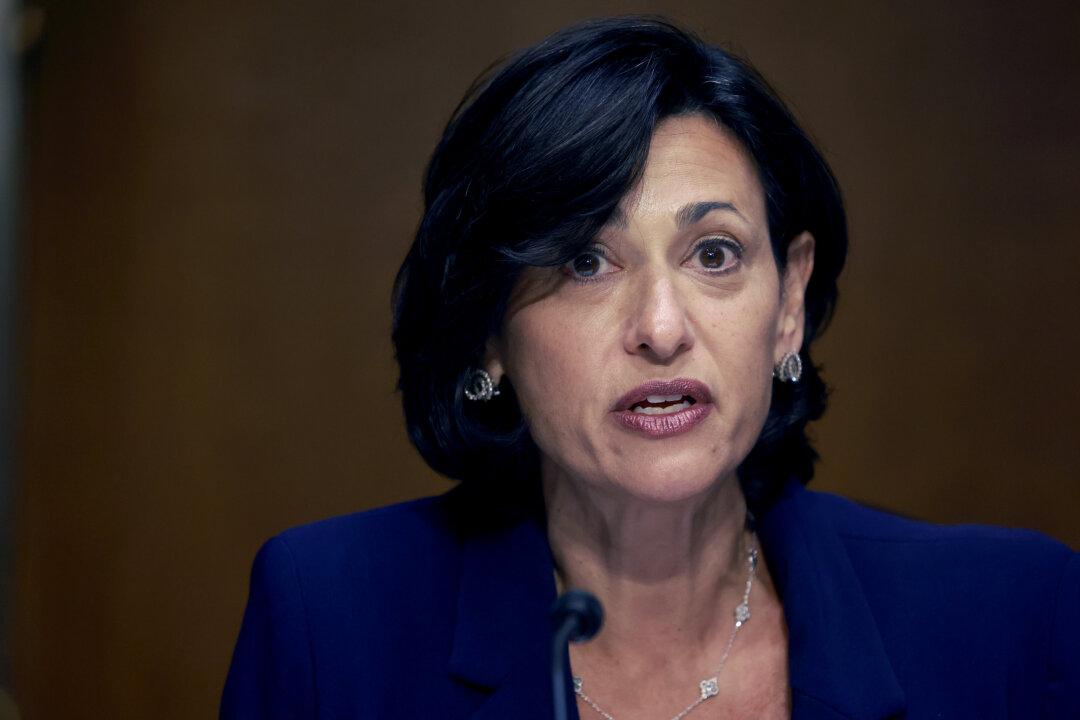The U.S. Centers for Disease Control and Prevention (CDC) has claimed that there was no known association between heart inflammation and COVID-19 vaccines as late as October 2021.
CDC officials made the claim, which is false, in response to a Freedom of Information Act request for reports from a CDC team that is focused on analyzing the risk of post-vaccination myocarditis and pericarditis, two forms of heart inflammation. Both began to be detected at higher-than-expected rates after COVID-19 vaccination in the spring of 2021.





